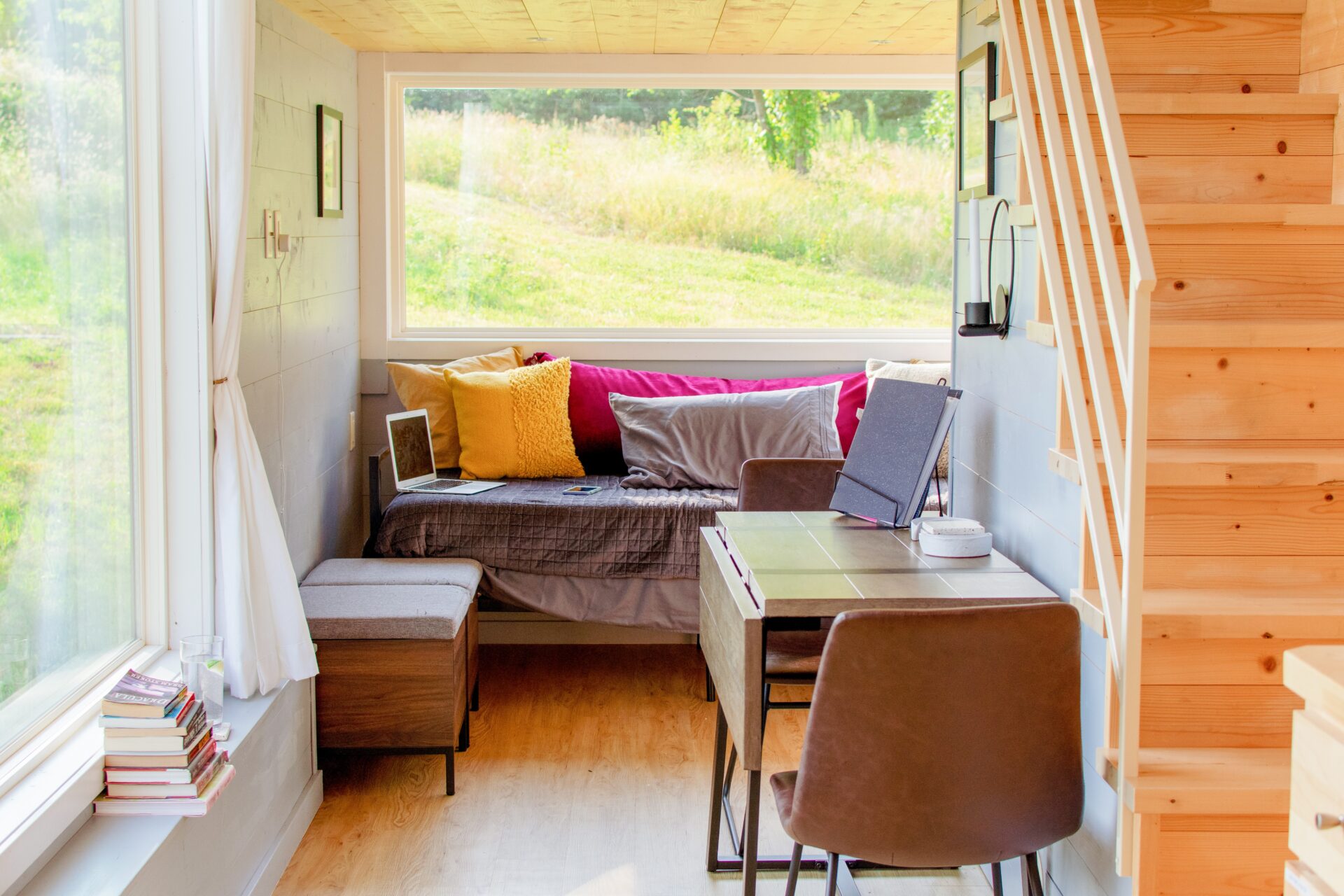Your closet overflows with clothes you never wear. Your electricity bills keep rising. Sound familiar? Sustainable minimalism offers practical solutions to these everyday problems while reducing your environmental impact and saving money.
This lifestyle approach—combining eco-friendly habits with frugal living—is gaining momentum worldwide. Here’s how to start your sustainable minimalist journey in Japan.
What Is Sustainable Minimalism?
Sustainable minimalism means owning fewer possessions while making environmentally conscious choices. Unlike regular minimalism, which focuses solely on reducing clutter, sustainable minimalism emphasizes using what you have responsibly and avoiding waste.
Real Benefits You’ll Notice Immediately
When you adopt this lifestyle, you’ll experience tangible improvements:
Save time: No more frantic morning searches for keys or socks. Everything has its place.
Feel spacious: Fewer items make any room feel larger and more comfortable.
Simplify decisions: A curated wardrobe of favorites eliminates the daily “what should I wear?” stress.
How Reducing Waste Saves Money
As you declutter, something interesting happens—you naturally stop making unnecessary purchases. You develop a clear sense of “I have enough.”
When you only shop to replace items, impulse buying decreases. You stop grabbing sale items you don’t need. Instead, you carefully select products you’ll actually use.
This mindful approach extends beyond shopping. The judgment you develop for choosing possessions improves how you spend time and build relationships.
Daily Habits for Sustainable Minimalist Living
Keep Only What You Love
Surround yourself with items you genuinely enjoy. When everything in your space brings satisfaction, home becomes a true refuge.
Cheap items you bought without enthusiasm usually get discarded anyway. Choose quality pieces you’ll love for years—it’s more economical and environmentally sound.
Before purchasing, ask yourself: “Do I really need this?” and “Will I still use this in five years?” This simple habit is your first step toward sustainable minimalism frugal living.
Use Items Until They’re Finished
Sustainable minimalists avoid creating waste. Rather than replacing items on a whim, use things carefully until they no longer function.
This approach prevents casual purchases. Initially, it may feel restrictive, but you’ll develop appreciation for items that serve you well over time.
Knowing you’ll use something for years makes you more selective when buying. You’ll naturally choose products you want to keep forever.
Let Go of What Doesn’t Add Value
Release possessions that don’t contribute to your happiness. Find joy in experiences instead: meaningful relationships, nature, creative pursuits.
The future isn’t something you buy—it’s something you create. Shifting focus from consumption to creation opens new sources of fulfillment.
Frugal Living: The Japanese Approach
Mottainai: Japan’s Traditional Sustainability Philosophy
Japan has long embraced frugal living through the concept of “mottainai”—a sense of regret over waste. This traditional philosophy aligns perfectly with sustainable minimalism frugal practices, emphasizing respect for resources and avoiding unnecessary consumption.
Japanese culture naturally supports minimalist living through compact housing, efficient public transportation, and seasonal awareness. These built-in lifestyle elements make adopting sustainable habits easier in Japan than many other countries.
Practical Frugal Living in Japan
Secondhand Shopping
Japan’s secondhand market is thriving and accessible. Recycle shops like Book Off, Hard Off, and 2nd Street offer quality used items at reasonable prices. Tokyo neighborhoods like Shimokitazawa and Koenji are famous for vintage clothing stores.
Resale apps have made buying and selling used items incredibly convenient. Mercari and Yahoo! Auctions connect millions of users, making it easy to find what you need without buying new.
Find secondhand clothing shops in Tokyo
Community Resources
Shopping at local shotengai (shopping streets) supports small businesses while building community connections. Many neighborhoods have morning markets offering fresh, local produce at lower prices than supermarkets.
Public facilities provide free or low-cost enrichment: libraries with extensive collections, community centers offering affordable classes, and beautifully maintained parks perfect for relaxation.
Self-Sufficiency Practices
Many Japanese residents practice small-scale sustainability: growing herbs on balconies, making homemade cleaning solutions, preparing meals from scratch using seasonal ingredients. These habits reduce spending while minimizing environmental impact.
Seasonal Awareness
Following Japan’s seasons naturally encourages sustainable minimalism frugal living. Buying seasonal produce is cheaper and more flavorful. Adjusting clothing and home goods seasonally rather than constantly acquiring new items maintains a mindful wardrobe.
Shift Your Mindset: From Scarcity to Abundance
It’s Not Sacrifice—It’s Choice
Many people think “I want more” and feel deprived when they can’t buy things. Reframe this as making deliberate choices. Instead of focusing on what you want, appreciate what you already have.
Notice small pleasures: coffee from your favorite mug, a well-worn book, a houseplant you’ve nurtured. Recognizing existing richness naturally reduces the “more, more” impulse.
Recognize Growing Wealth
Life improvements can be subtle. Stay conscious of everyday moments that constitute happiness.
The freshness of morning, comfort in an organized room, security from being surrounded by loved items—these are priceless treasures that enrich life.
Use savings for meaningful treats: monthly special tea time, or trips to places you genuinely want to visit. This balanced spending creates true wealth.
Getting Started Today
Living with less doesn’t mean living poorly—it leads to richness. This lifestyle, spreading worldwide, adapts easily to your circumstances.
Start small:
- Find clothes you haven’t worn in a year and donate them
- Organize unused kitchen utensils from your drawers
- Choose one area to declutter this week
A sustainable minimalist frugal lifestyle isn’t just eco-friendly—it brings spaciousness to your time and peace to your mind. Valuing experiences over possessions, creation over consumption, makes daily life brighter.
Small steps create meaningful change. Why not begin your sustainable journey today?








